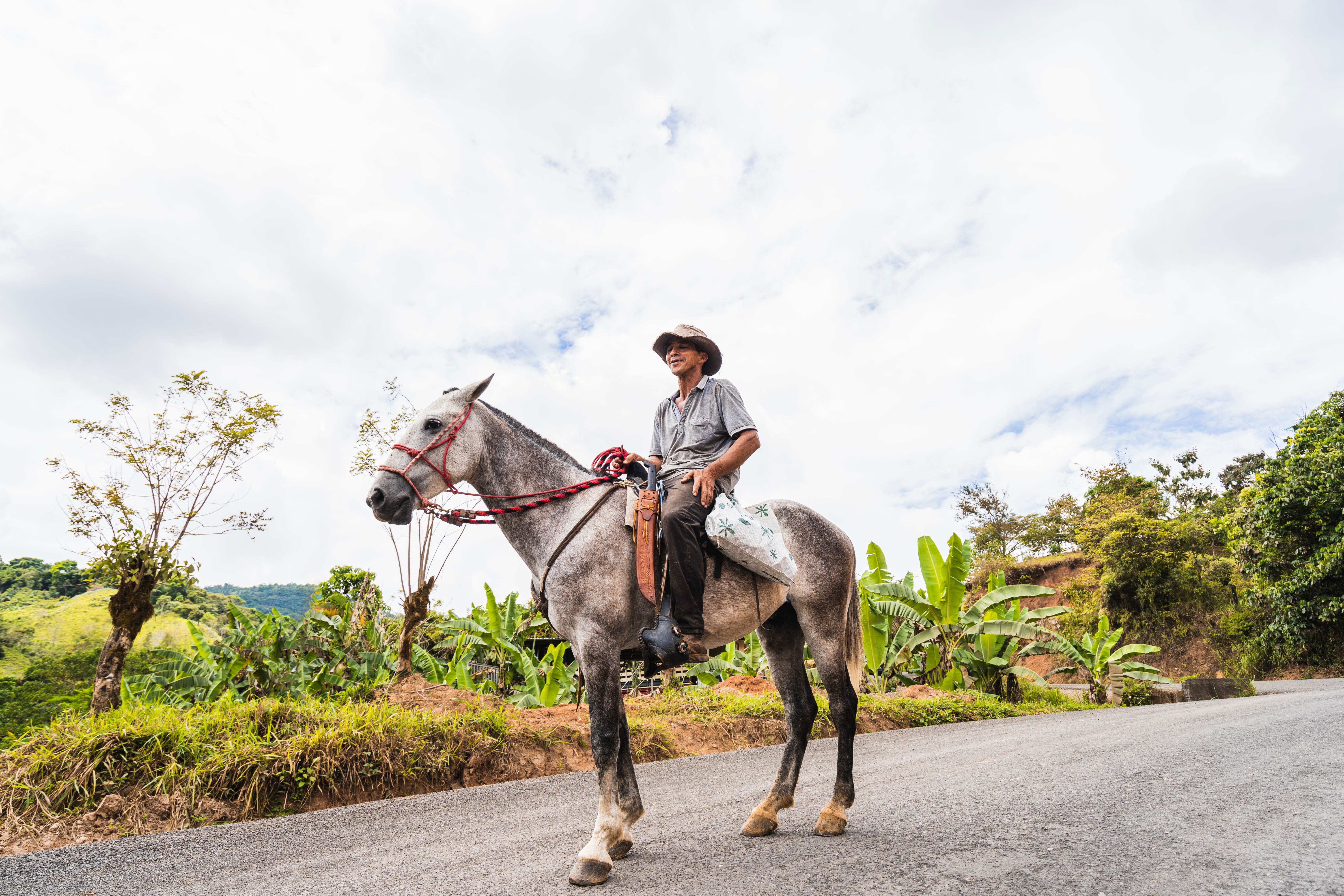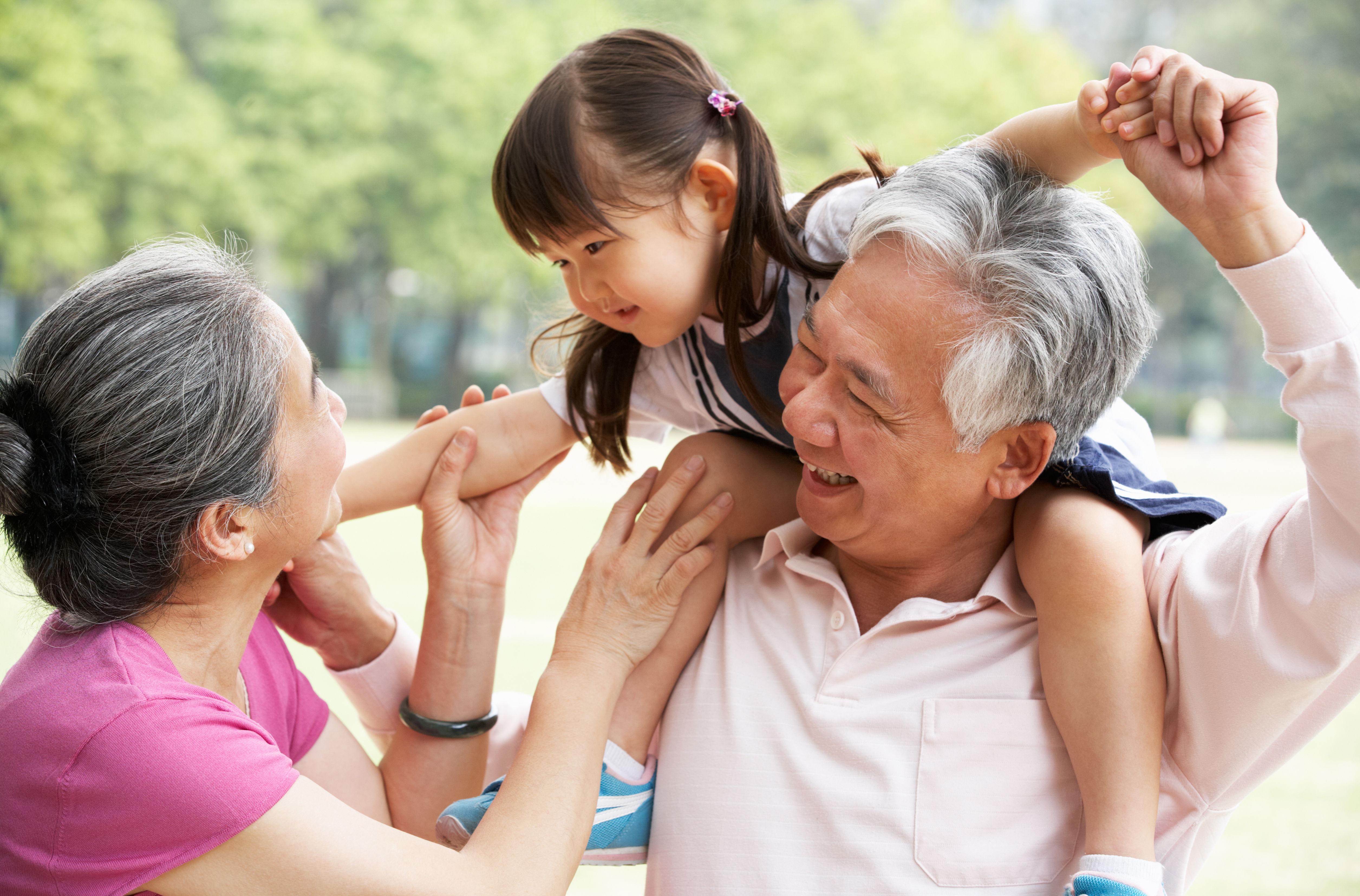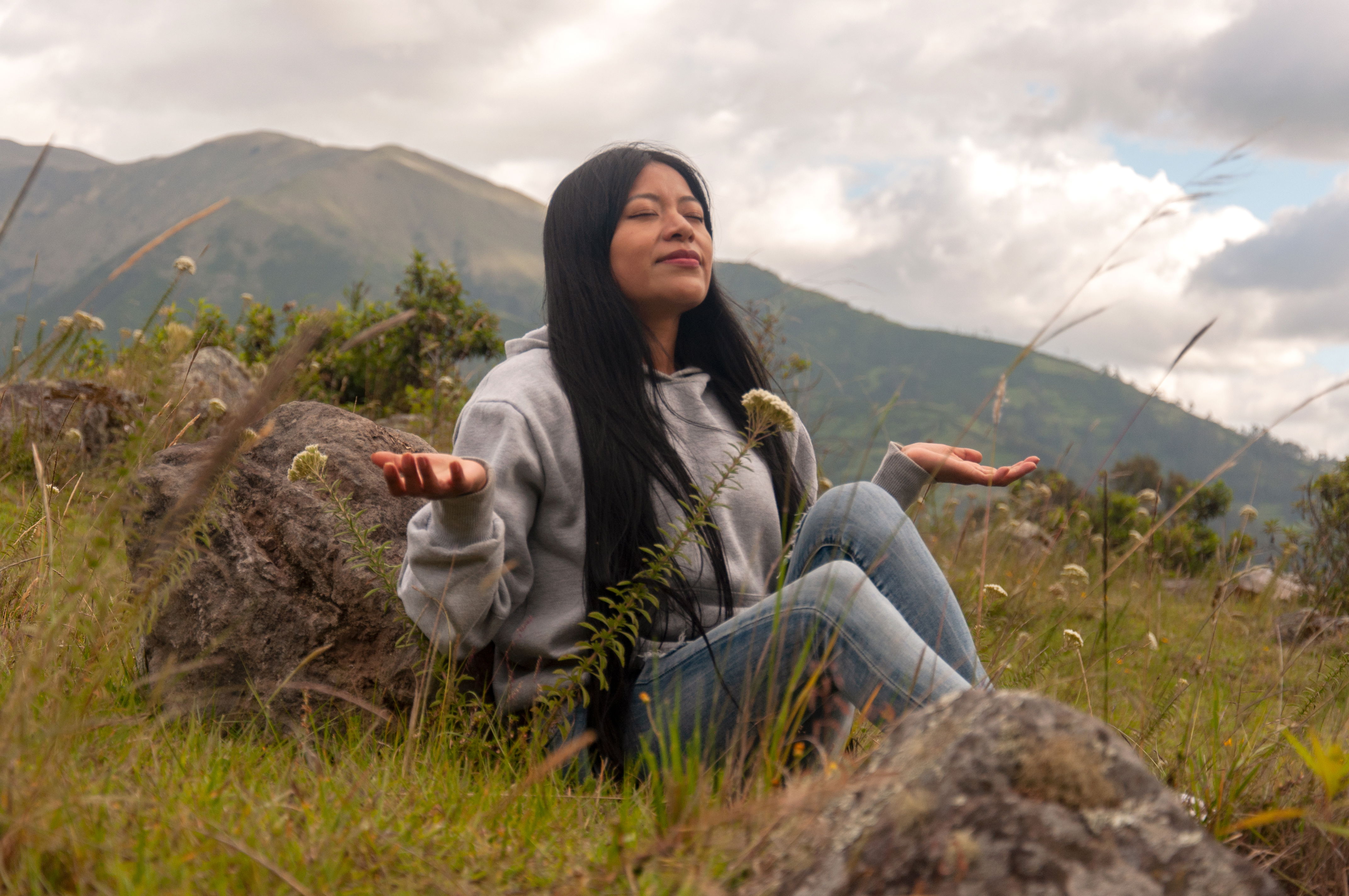Sense of Purpose in the Blue Zones
The sense of purpose, known as plan de vida in Nicoya, Costa Rica, and ikigai in Okinawa, Japan, is a cornerstone of longevity in the Blue Zones. It reflects the profound psychological and emotional benefits of having a reason to wake up each morning, contributing to overall well-being, resilience, and life satisfaction. Let’s break that down!
Plan de Vida in Nicoya, Costa Rica

Plan de vida translates to "life plan." In Nicoya, this sense of purpose is deeply rooted in familial roles, community involvement, and spiritual connection.
- Family as the Foundation: Family relationships are central to daily life. Elders often play integral roles in caregiving, guiding younger generations, and participating in household activities, which keeps them active and engaged.
- Intergenerational Bonding: The wisdom and contributions of older individuals are highly valued, fostering a sense of being needed and appreciated.
- Work and Productivity: Many Nicoyans continue to work well into their later years, particularly in farming or other forms of manual labor. This provides physical activity and a sense of achievement.
- Spiritual and Community Connection: A deep faith in religion and active participation in community events or local churches offers social bonds and a larger framework of meaning.
Ikigai in Okinawa, Japan

Ikigai means "reason for being" and is often described as the convergence of what you love, what you’re good at, what the world needs, and what you can be paid for (or derive value from).
- Cultural Philosophy: Okinawan culture places a strong emphasis on harmony, gratitude, and mindfulness. Finding ikigai involves introspection and alignment with personal values and community needs.
- Daily Practices: Many Okinawans engage in small but meaningful activities, such as gardening, crafting, or mentoring others, which provide a steady flow of purpose. The concept is often tied to social roles, such as being a caregiver, teacher, or artisan, that contribute to the community.
- Social Ties (Moai): Okinawans form lifelong social groups called moai, which offer emotional and financial support, reinforcing the collective aspect of purpose.
- Life-Long Learning: The pursuit of knowledge and skill mastery is seen as a continuous journey, offering personal satisfaction and opportunities to contribute.
How Purpose Influences Longevity and Mental Health

- Mental and Emotional Health: Purpose-driven individuals experience lower levels of stress and anxiety, which contributes to better cardiovascular health and stronger immune systems.
- Resilience and Coping: A clear purpose provides motivation to overcome challenges, reducing the impact of life’s setbacks.
- Physical Health: Engaging in purposeful activities often involves movement, social interaction, and maintaining routines all of which promote physical well-being.
- Social Integration: Purpose ties people to their communities, enhancing their social networks and reducing loneliness, a known risk factor for early mortality.
Synergy Between Nicoya and Okinawa
While Nicoya's plan de vida focuses heavily on familial roles and community ties, Okinawa's ikigai expands into personal fulfillment through skills and passions. Both emphasize:
- Collective well-being: Their sense of purpose is rarely individualistic and is instead deeply embedded in relationships and community contributions.
- Integration into daily life: Purpose is not an abstract goal but a lived experience, achieved through small, meaningful actions.
- Lifelong adaptability: Both cultures emphasize adapting purpose to align with different life stages, ensuring relevance and continuity.
We can conclude that no matter where we are in the world, having a clear sense of purpose or even just seeking it can lead to a longer, healthier life. It’s not just about living longer, but about living more meaningfully, with greater fulfillment in each day. Whether it’s ikigai in Okinawa or plan de vida in Nicoya, these principles remind us that purpose is a universal key to well-being.